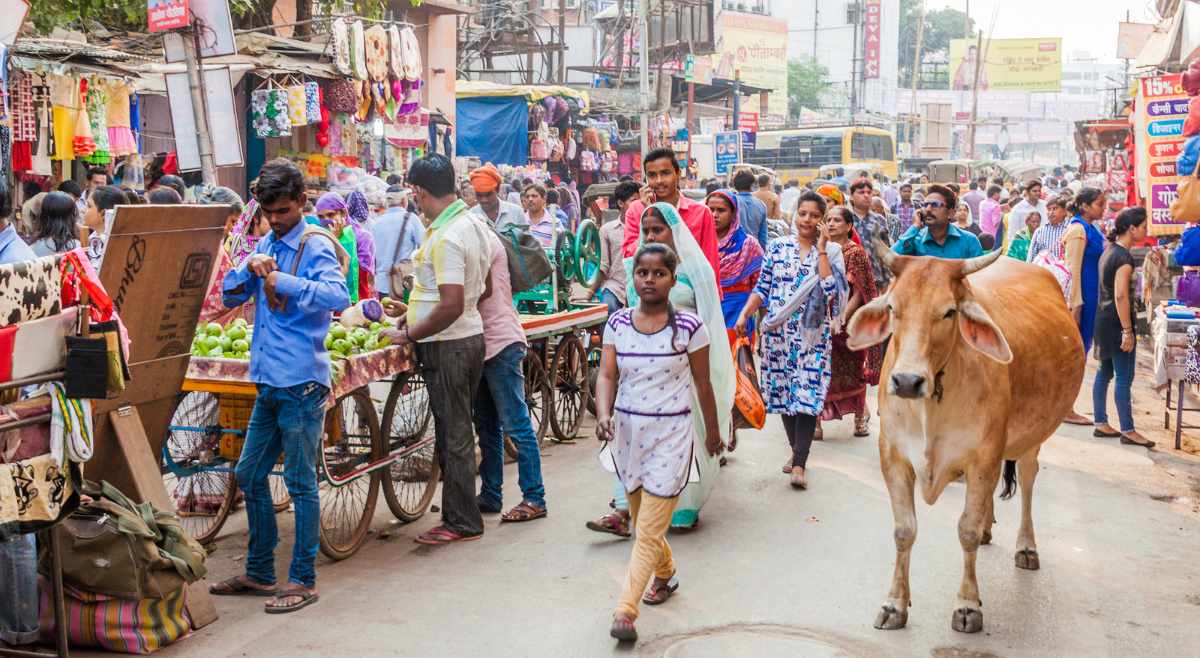
Animal rights advances in India
Two states declare the animals are persons
Three of the great religions of India, Hinduism, Buddhism and Jainism, all show a more overt respect for animal life than modern Western culture does. As early as 1500-600 BC the Isha-Upanishad stated (in the English rendering of recent judgements): “The universe along with its creatures belongs to the land. No creature is superior to any other. Human beings should not be above nature. Let no one species encroach over the rights and privileges of other species.”
In some circumstances, it can even become an inflammatory topic, especially with the Hindu nationalist Bharatiya Janata Party (BJP) in power. Human Rights Watch recently reported that vigilante cow-protection mobs have killed at least 44 people, mostly Muslims, Christians and Dalits, in the past four years. Some politicians are outspoken in their defence of cows. Human Rights Watch quotes Vikram Saini, a BJP lawmaker from Uttar Pradesh who declared in 2017: “I had promised that I will break the hands and legs of those who do not consider cows their mother and kill them.”
So perhaps it is not surprising that recent Indian jurisprudence has taken a benign view of animal rights.
In the latest judgement, the High Court of Punjab and Haryana, in Karnail Singh and others v State of Haryana, has held that all animals are “persons” and that humans in Haryana are in “in loco parentis” to animals. Thus, like companies and Hindu idols, animals will be able to secure rights if a human brings the case to law.
Last year the Uttarakhand High Court, in Narayan Dutt Bhatt v Union of India, also held that animals are persons and even that the Ganges and Yamuna Rivers (with all their tributaries and streams) were persons.
While this may sound quite odd to Western ears, it may not be as radical as it sounds. According to one legal commentator, conferring personhood on animals and rivers is a shortcut to protecting animals from abuse and rivers from pollution, and so on. The judgement says, “We may, therefore, define a person for the purpose of jurisprudence as any entity (not necessarily a human being) to which rights or duties may be attributed.” In any case, at the moment, this legal view exists only in two states and it will certainly be appealed to the Supreme Court of India.
However, it was described by the Nonhuman Rights Project, an American group lobbying for animal personhood, as a “big step forward in the global struggle for recognition and protection of nonhuman rights”.
Michael Cook is editor of BioEdge
Creative commons
https://www.bioedge.org/images/2008images/FB_cows_india_(1).jpg
animal rights
india
- How long can you put off seeing the doctor because of lockdowns? - December 3, 2021
- House of Lords debates assisted suicide—again - October 28, 2021
- Spanish government tries to restrict conscientious objection - October 28, 2021
